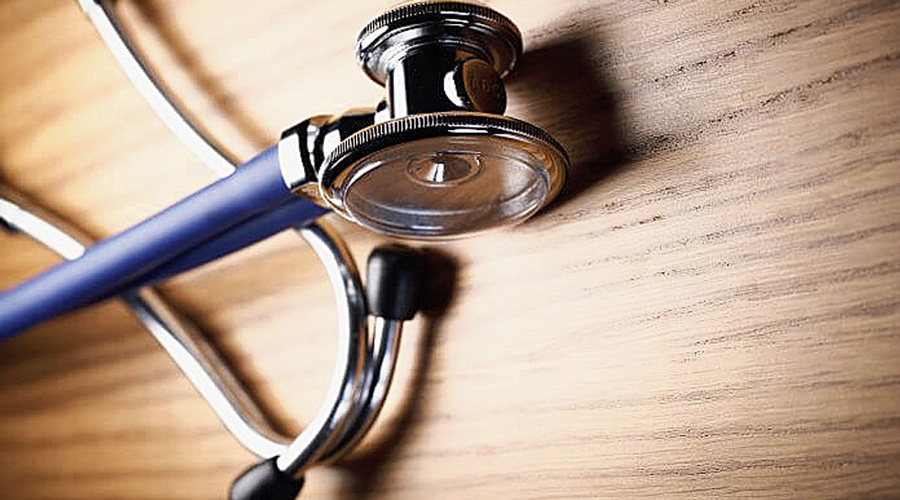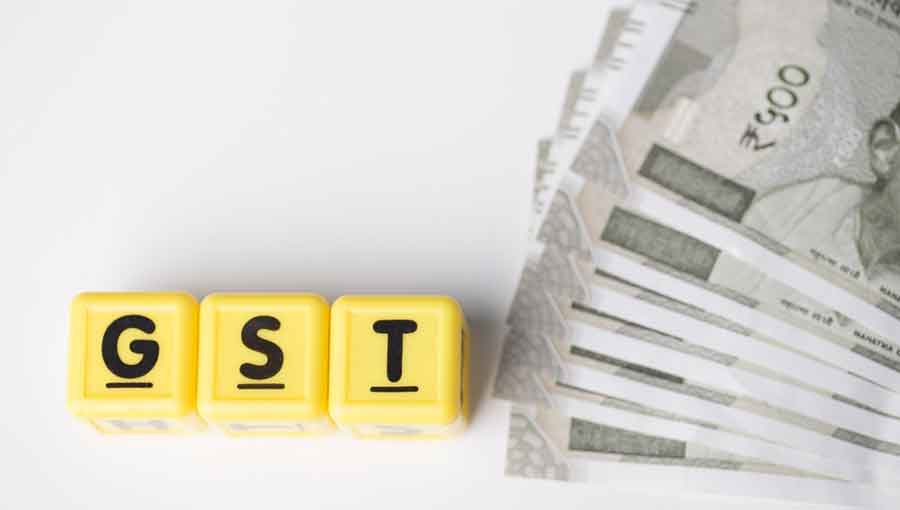Students aspiring to pursue a post-graduate medical course in the country will have to pay Rs 5,015 this year, a steep increase from Rs 3,750 last year.
The amount includes 18 per cent GST that has been levied for the first time this year. No other entrance test in India charges such high fees.
The National Board of Examinations (NBE), which conducts medical entrance exams, raised the fees for the National Entrance cum Eligibility Test (NEET)-PG 2021 from Rs 3,750 last year to Rs 4,250 this year. Together, with the GST, the total fee works out to Rs 5,015.
Students of the Diplomate of National Board (DNB), a post-graduate programme equivalent to MD/MS degrees whose fees is also fixed by the NBE, will have to pay Rs 22,500 more annually because they too will be paying GST.
The All India Institute of Medical Sciences (AIIMS) charges Rs 2,000 for entrance tests to select students for PG courses in institutions of national importance that include all the AIIMS, the Jawaharlal Institute of Postgraduate Medical Education and Research, the National Institute of Mental Health and Neuro Sciences and Post Graduate Institute of Medical Education & Research, Chandigarh. No GST is charged.
Nearly 1.5 lakh students apply for NEET-PG every year for around 35,000 seats in government and private colleges across the country.
Under the GST law, while core education activities are exempted from tax, educational services are taxable. While the PG course is core education, entrance exams are considered an education service.
However, the government exempts certain exams from GST. The Common Admission Test (CAT) conducted by the IIMs, for instance, does not charge GST.
“The NBE was not charging GST on NEET-PG fees till last year. It has started levying the charges suddenly without explaining the reasons behind this decision,” a student from Calcutta who has applied for the exam said.
The student said despite hiking the fees, the NBE provides poor services, such as a difficult online application process and delayed publication of results.
“It takes hours for the OTP to be delivered on the mobile phone of the candidate while filing the application form. The AIIMS announces its PG medical entrance tests results within a week from the test. But the NBE takes 40 days,” he said.
The NBE collects Rs 25,000 from each student for counselling for admission into PG courses in government medical colleges and Rs 2 lakh for private colleges, private universities and deemed universities.
“Though the NBE is supposed to refund the amount immediately after counselling, the money is refunded to those who get a seat after around eight to ten months. AIIMS does not charge any counselling fee,” the student said.
Dr Vaibhav, a Gwalior-based medical practitioner, said: “It seems there is a tendency to make profit by charging exorbitant fees from students. Levying GST on the tuition fees of DNB students is also unique. Neither AIIMS nor any other institutions of national importance are charging GST on tuition fees of students after enrolment in their degree programmes.”
A Delhi-based DNB student said the annual fee for the 2018 batch was Rs 80,000. From the 2019 batch, the NBE increased the fee to Rs 1.25 lakh per annum, including Rs 20,000 for accommodation.
The NBE issued a notice last month to charge a GST of 18 per cent, raising the fee to Rs 1,47,500. It made this fee applicable to all the ongoing batches, including those admitted before 2019.
The students pay the fee to the NBE, which transfers the money to the respective hospitals where they are enrolled.
“The NBE notice said those hospitals that do not have hostels would refund the accommodation charges. The hospitals are refunding only Rs 20,000, without the GST, which has been already charged,” he said.
An email was sent to Pawanindra Lal, executive director of NBE, on Thursday to seek his views on the students’ concerns over GST charges and higher entrance fees. A message was sent on his mobile phone, too. He is yet to respond.












